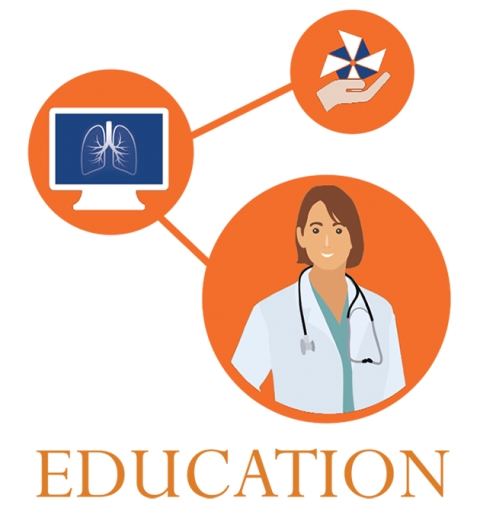Innovation
For the Education-Based Intervention Program (EBIP), a manual was used based on the relevant literature and on the advice of two medical specialists. The four sections of the manual focused on improving medication adherence, nutrition, self-care behavior during illness, and breathing exercises. The training sessions, which took place in a hospital, used PowerPoint presentations. Patients were then asked to show what they had learned and any unclear aspects were clarified again.
Evaluation System
This study has shown that the intervention group has short-term (3 months) benefits in chronic disease self-management, dyspnea and EBIP compared to usual care. Results at three months provide significant support for H2 (EBIP improves chronic self-care management) and limited support for H1 (EBIP improves dyspnea). Studies show that physical and breathing exercises improve respiratory function, body weight and quality of life in patients with moderate-severe COPD (50%≤FEV1<80% predicted). However, these benefits require the maintenance of structured programs that include self-care education in addition to routine care.
Assessment
The management of chronic care in COPD patients has improved significantly and dyspnea has improved somewhat after patients received disease-related education through EBIP.
References
Cevirme, A., & Gokcay, G. (2020). The impact of an Education-Based Intervention Program (EBIP) on dyspnea and chronic self-care management among chronic obstructive pulmonary disease patients. A randomized controlled study. Saudi medical journal, 41(12), 1350–1358.
doi.org/10.15537/smj.2020.12.25570" target="_blank">doi.org/10.15537/smj.2020.12.25570" target="_blank">doi.org/10.15537/smj.2020.12.25570








